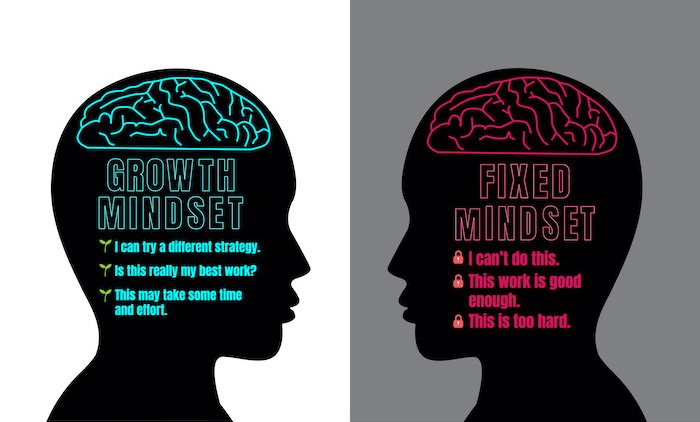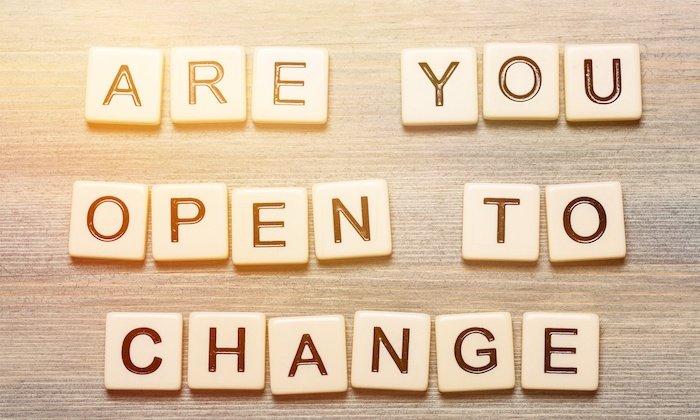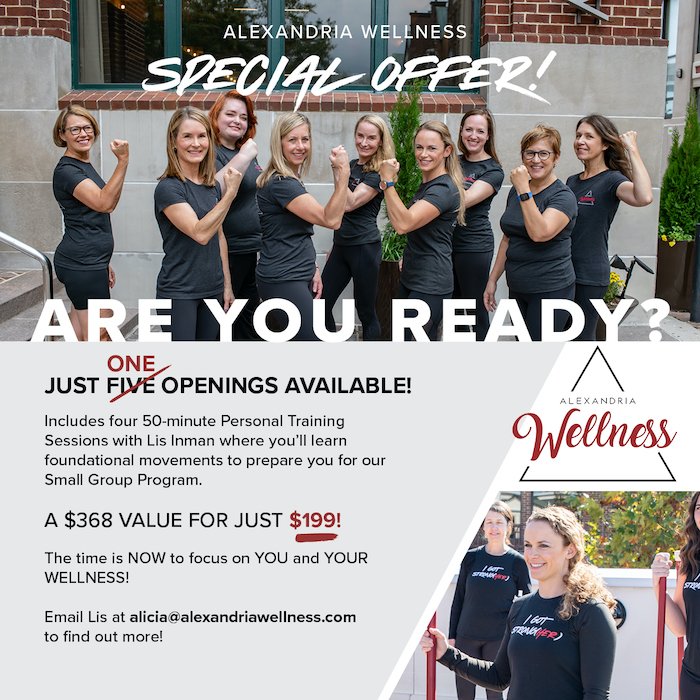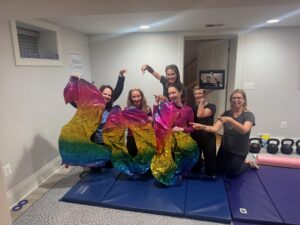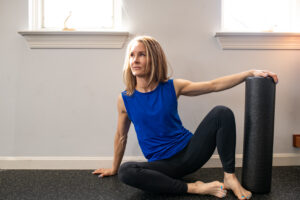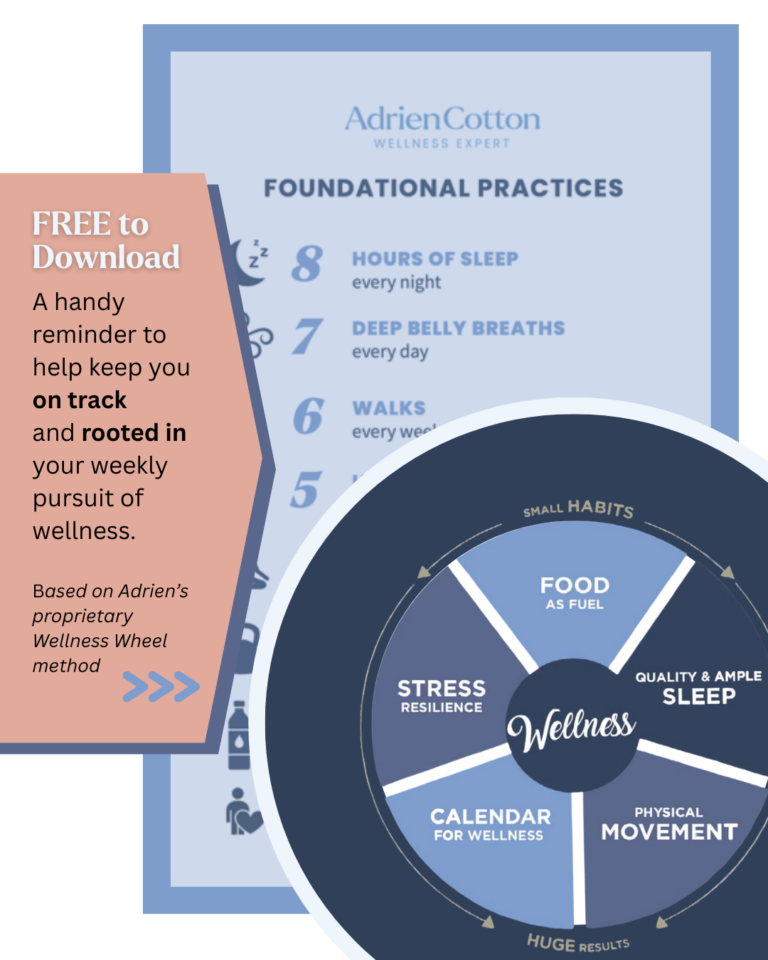Have you ever noticed that children tend to let mistakes roll off their backs? Kids are constantly trying new things without the “fear of failure” many of us know so well. After all, it’s how they learn and grow! From crawling and walking to putting the puzzle pieces in the correct place – if they fall or “mess up,” they simply get back up and try again, or try a different puzzle piece. When we were younger, we didn’t have the capacity (or know-how) for planning, for predicting certainty, and for only accepting the best possible scenario. Now, as adults, we want certainty, we love to plan, and it stresses us out when those plans don’t pan out the way we wanted. I fall in this category and work on the latter literally daily.
“The ultimate measure of a man is not where he stands in the moments of comfort, but where he stands at times of challenge and controversy.” -Martin Luther King, Jr.
Over-planning, accepting only what we have in mind, and the need for certainty have huge implications for our wellness. When we continually try the same practices yet expect different results, so many of us run into frustration and, more importantly, don’t meet our wellness goals.
It is part of who we are as human beings to want comfort and the “known.” It is part of our natural makeup for survival. Yet, we know that the brain will grow new pathways and fresh possibilities arise when we…
- stay in that uncomfortable moment,
- engage in a new activity,
- make mistakes, and
- learn from the process and not the outcome.
In my 15+ years as a fitness and wellness coach, I have found this one “trait” is essential to achieving wellness goals. It is a growth mindset.
People with a growth mindset tend to believe the development of skills associated with intelligence and even wellness have no limits. They see failure and mistakes as opportunities to grow, and they like to try new things.
People with a fixed mindset tend to think with their feelings, predict the worst outcome, or “forecasting,” and have “always” and/or “never” thinking.
